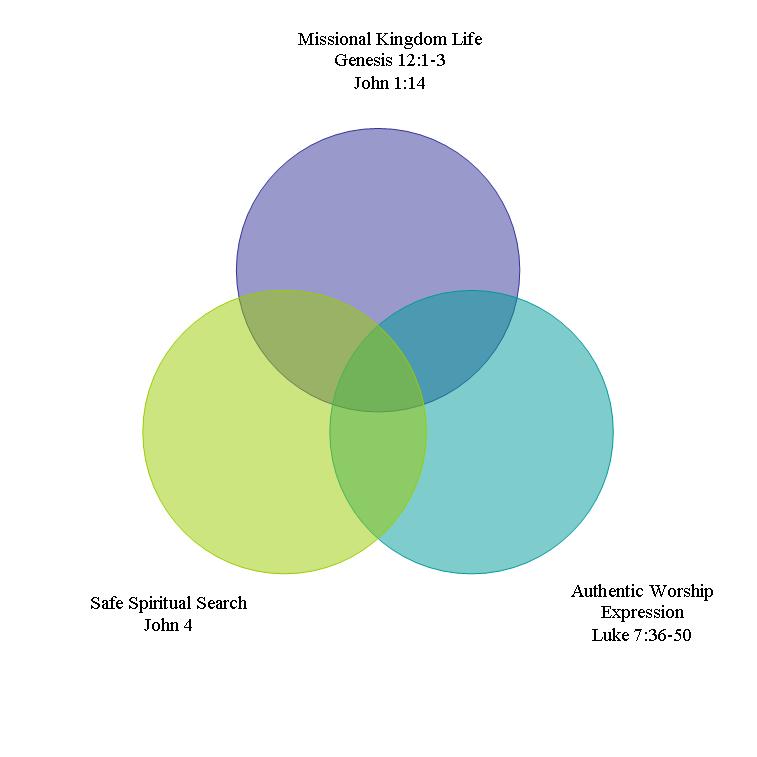With the fourth of July coming up next week my thoughts have been turning more and more to the relation between the church and the state. I have been having several conversations with various people about the role of the church and the role of the state. I've been thinking about how many people in the "Church in America" have bowed the knee to the God of nationalism. I recently found some interesting news pieces regarding people and schools refusing to sing the national anthem or say the pledge of allegiance....here are some of those links..http://www.foxnews.com/us/2011/06/07/national-anthem-banned-at-mennonite-colleges-sporting-events-sparking-outcry/ and http://religion.blogs.cnn.com/2011/06/26/my-faith-why-i-dont-sing-the-star-spangled-banner/ Now before I go any further I do want to say that I am glad that I live in America where I am free to practice my faith in the way that I choose, and that others have the right to practice their faith or beliefs or even no religious faith at all. I am glad that we have the rights that we do and I wouldn't change that for the world. I'm glad that i was born here. But that doesn't mean that I have to agree with everything that the government does. I also have problems with the National Anthem and the militaristic language within the song, and I'm not sure that I would even be comfortable saying the Pledge of Allegiance due to the fact that my allegiance isn't with my country but first and foremost with Jesus and the Kingdom of God. The Kingdom of God takes precedence over the Kingdom of the world, the empire, and by definition, the United States.
I had a conversation with someone the other day about their churches practice in regards to the American Flag and Patriotic songs during worship services. He said he had long time members say that the American flag has to be on the stage (in their contemporary worship space). I am okay with having the American Flag in a church building, as long as that flag is also standing beside the flags of other countries like Iraq, Palestine, China, etc.. But I'm not okay with singing patriotic songs during a worship service. I don't believe patriotic and nationalistic songs have any place in the worshipping community because when we gather we gather with the church universal. With brothers and sisters from other countries, other languages, and from places which our government considers our enemies. But these believers from other lands are not my enemies, they are my brothers and sisters in the Lord, and that takes precedence over what my country says about them.
I want my life to reflect the King and his Kingdom more than the empire of the United States. I want my allegiance to be with Jesus, the liberating King who has come to free us from sin, death, and destruction and redeem us for his glory. Solders did die so that I could live in a free land....but Jesus died so that I could be totally free, which sacrifice means more?
I guess in closing and to sum it up, I can say it better than with the lyrics to the song "A King and a Kingdom" by Derek Webb...
who's your brother, who's your sister you just walked passed him i think you missed her as we're all migrating to the place where our father lives 'cause we married in to a family of immigrants
my first allegiance is not to a flag, a country, or a man my first allegiance is not to democracy or blood it's to a king & a kingdom
there are two great lies that i’ve heard: “the day you eat of the fruit of that tree, you will not surely die” and that Jesus Christ was a white, middle-class republican and if you wanna be saved you have to learn to be like Him
but nothing unifies like a common enemy and we’ve got one, sure as hell but he may be living in your house he may be raising up your kids he may be sleeping with your wife oh no, he may not look like you think
I will pledge allegiance to a King and his Kingdom. How bout you? Who or what are you pledging your allegiance to?















